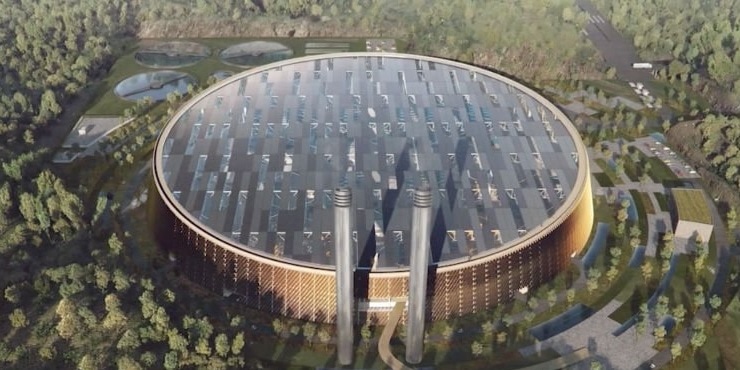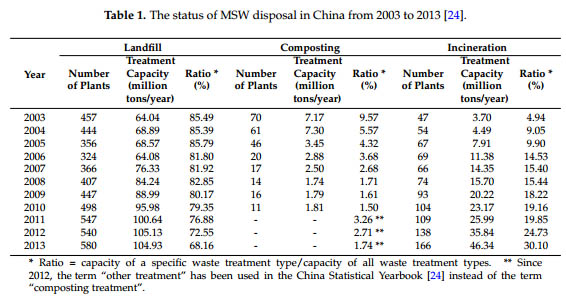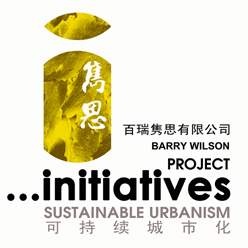|
Beijing Launches "Waste to Energy" Program
17/05/2017
chinaurbanisationnews
Beijing is launching a waste-to-energy conversion program to achieve environmental mitigation.
News: Cash for Trash
News: Food Quality Tracking System Established News: Public Disapproval Suspends New Waste Incineration Project News: Mandatory Garbage Sorting Implemented News: Scheme Set to Cut Waste News: Shanghai Encourages Garbage Sorting with Incentive System
Read the original article at Xinhua
|
|
2017/04/27
Cash for Trash
2017/03/27
Industry Targets Waste
2017/03/14
Beijing An Urban Forest?
2017/03/02
Air Pollution Controls Tightened
Cash for Trash
2017/03/27
Industry Targets Waste
2017/03/14
Beijing An Urban Forest?
2017/03/02
Air Pollution Controls Tightened





